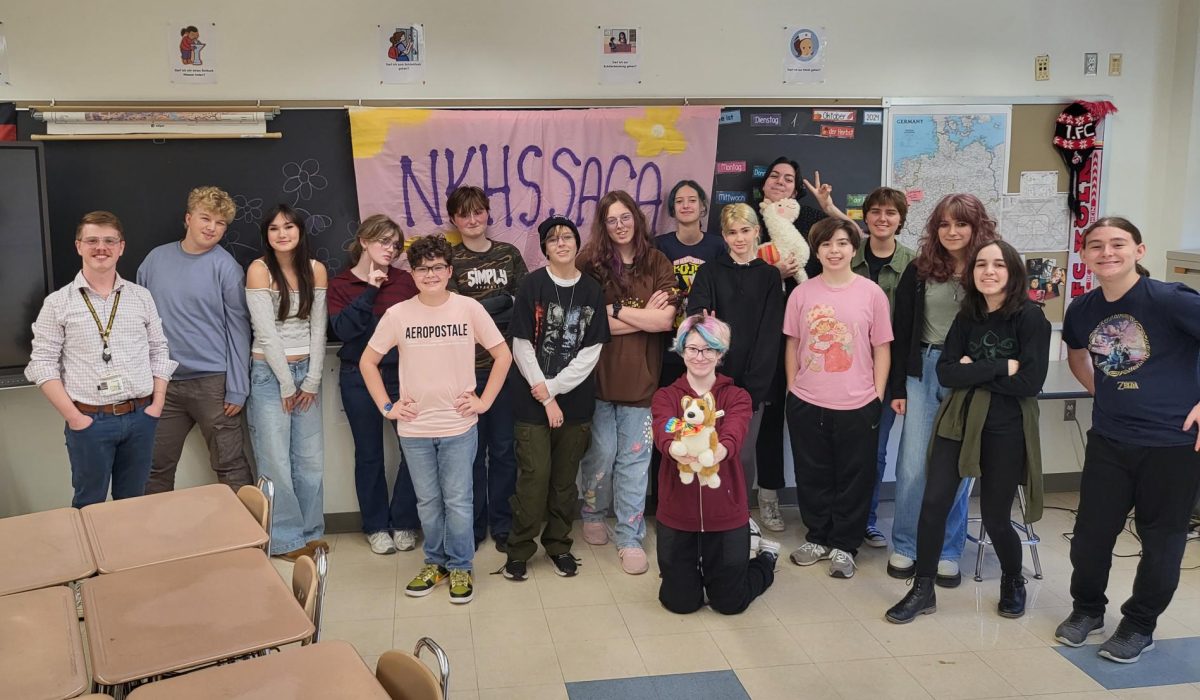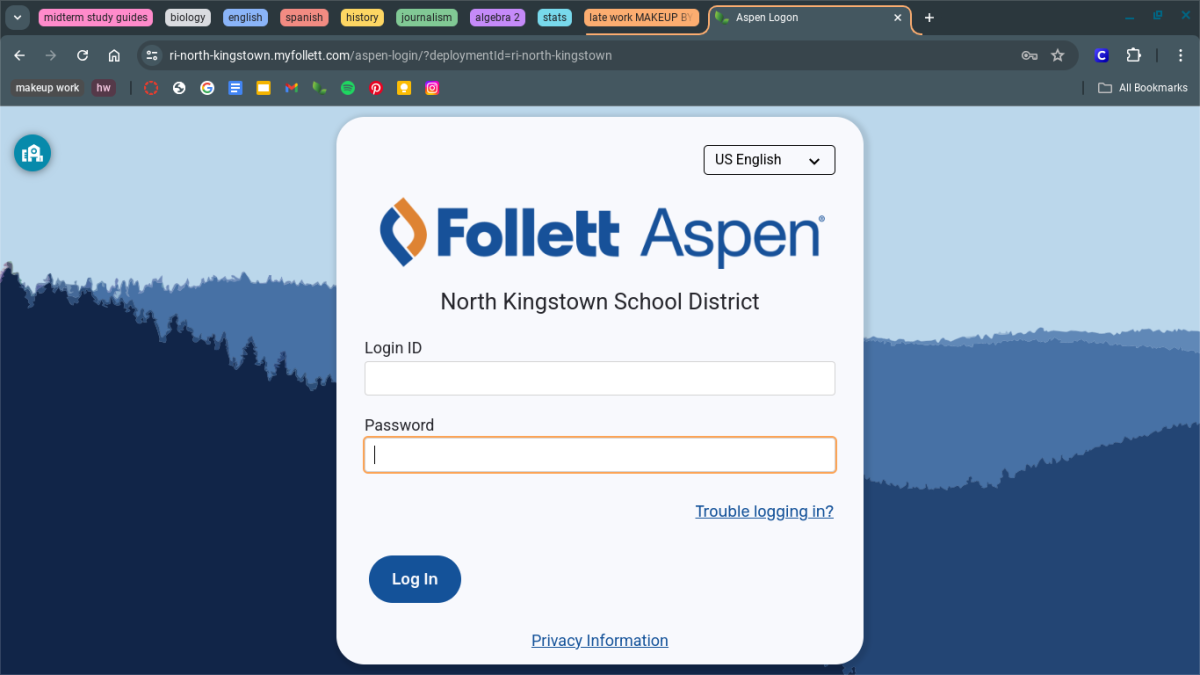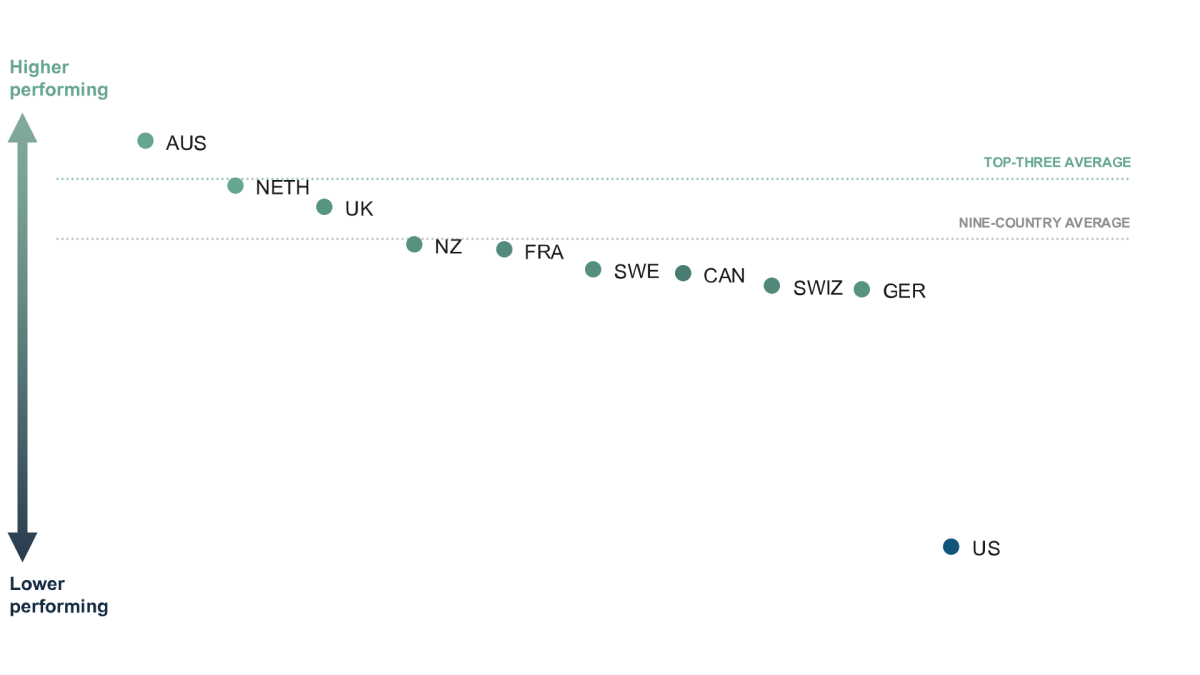The use of AI is becoming more common in education. From helping students with homework to assisting teachers with lesson plans, AI is seen as a tool that can make work easier. But as technology continues to grow, some people worry it’s making us too dependent on technology. While AI has benefits, some concerns about using it too much could hurt important skills like thinking for yourself and solving problems independently.
One of the main concerns is that students might start relying on AI for things they can do on their own. “Many people are so dependent on technology for things they could do alone,” said Sadie Zuerner, a sophomore.
Ava Hunsberger also worries, saying, “It’s easy to use too much AI, and it might affect our thinking skills in the future.” However, many students still see AI as helpful. It can make things faster and easier. Husberger said, “AI can be really helpful, but I worry about privacy issues.”
Zuerner agrees that AI is useful but sees some potential problems. “I use AI sometimes, and while it helps, I do worry sometimes. It could change jobs and how we act in general,” she said.
Sophomore Ruby Stewart sees both the good and the bad. “AI can make things easier, but we need to consider the risks, like losing privacy or jobs,” she said.
There’s also the question of whether it’s okay to use AI for homework or teaching. Some believe it’s okay, while others think it takes away from real learning. “I don’t think using AI for assignments or teaching is ethical or unethical,” Zuerner said. “It’s important to do it yourself, but AI can be helpful.”
Stewart disagrees, arguing that using AI too much takes away from learning. “It’s not ethical to use AI in assignments or teaching,” she said.
Hunsberger agrees that AI can be helpful but believes it may affect the value of hard work. “Using AI for assignments and lessons is fine, but it takes away from learning on your own,” she said. Even with the debate about whether AI should be used, many students admit to using it for homework and assignments, even when it’s not allowed.
Stewart uses AI sometimes but understands the risks. “I do use AI for homework, even though I’m not supposed to. It can help, but I know it can be seen as cheating if overused,” she said.
On the other hand, Hunsberger doesn’t use AI for homework often. “I don’t use AI for assignments most of the time, and I’m not allowed to,” she said.
Mrs. Shivali Finkelstein, principal, shared her thoughts on the dependence on technology. “I think they [students] rely on it a lot. It’s become part of the routine for many people, whether it’s students or even in our role. We rely on it, and everything runs through systems and technology. I’m not sure you can enter any field or have a future career without being proficient with technology,” she said.
When it comes to using AI in assignments or teaching, Finkelstein pointed out the importance of understanding when AI is helpful and when it might slow down learning. “I think it’s important for both teachers and students to have an understanding of when the use of AI is appropriate and when it’s not,” she explained. “If AI prevents you from learning the very skills your teacher is trying to teach, it can be harmful. However, it can also enhance your learning by putting information at your fingertips that you might not have otherwise accessed.” She believes that in education, we should focus on asking the right questions to help students learn and grow while using AI as a tool to assist, not replace.
Finally, Mrs. Finkelstein shared her personal use of AI for lesson planning and policies. “I actually use AI when I’m trying to think of things like putting policies and procedures together,” she said. “I start by considering everything my school needs, and then I turn to AI to help organize my thoughts. Many times, I’ve benefited from this approach because it brings together ideas I might not have considered.” While she doesn’t rely only on AI, she finds it useful for adding to her ideas. “I do use it, and I enjoy looking things up. Even though I may not use most parts of the response, I always check it out.”
There are different opinions about using AI in education. Some see it as a helpful tool, while others worry it could make students too dependent on it. What’s clear is that AI should be used carefully. The goal of education is to build skills like critical thinking and problem-solving, which shouldn’t be replaced by technology. If used correctly, AI can help students learn more efficiently, without taking away from the learning process.












